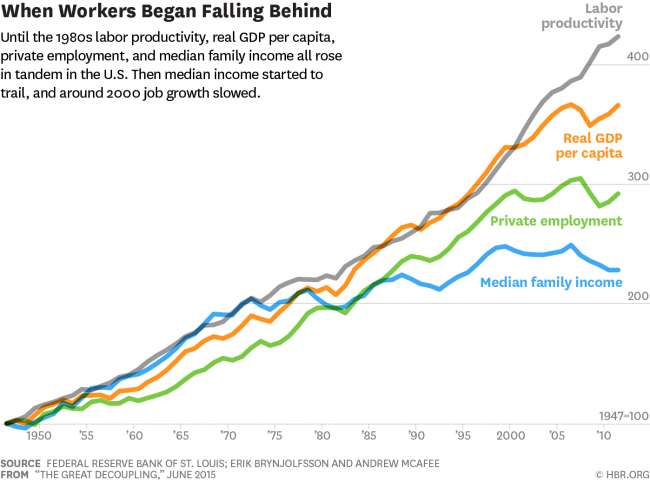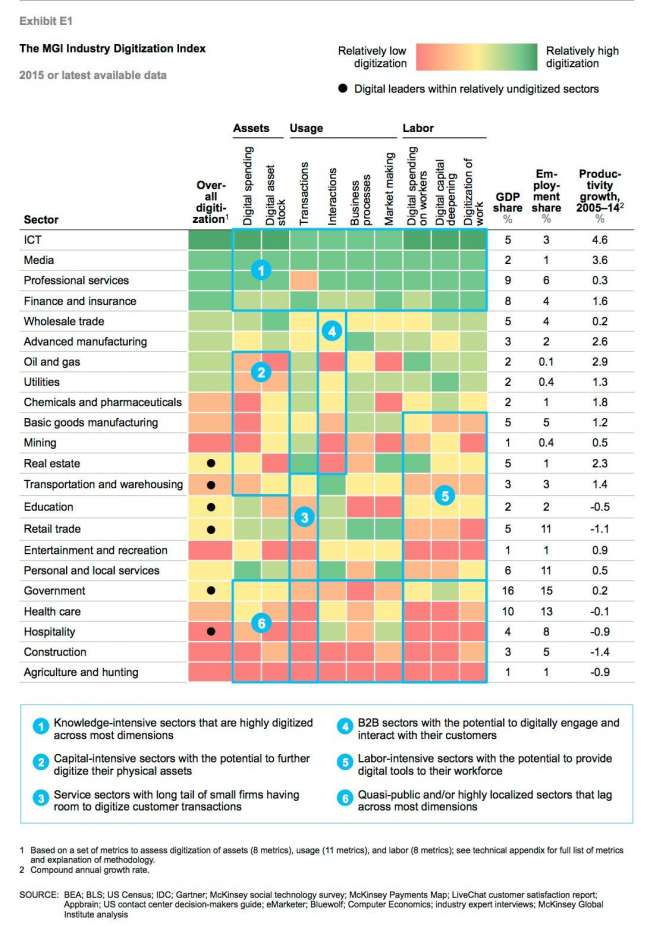“I thought once everybody could speak freely and exchange information and ideas, the world is automatically going to be a better place,” Evan Williams says. “I was wrong about that.”
The trouble with the internet, Mr. Williams says, is that it rewards extremes. Say you’re driving down the road and see a car crash. Of course you look. Everyone looks. The internet interprets behavior like this to mean everyone is asking for car crashes, so it tries to supply them.
Mr. Williams’s mistake was expecting the internet to resemble the person he saw in the mirror: serious, high-minded. … It was just another Utopian dream, Mr. Williams says. “The problem is that not everyone is going to be cool, because humans are humans,” he says. “There’s a lock on our office door and our homes at night. The internet was started without the expectation that we’d have to do that online.”
“I think we will fix these things,” Mr. Williams says. Just don’t hold your breath. The work has barely begun, he says. “Twenty years isn’t very long to change how society works.”
Source: ‘The Internet Is Broken’: @ev Is Trying to Salvage It – NYTimes.com, by @DavidStreitfeld

